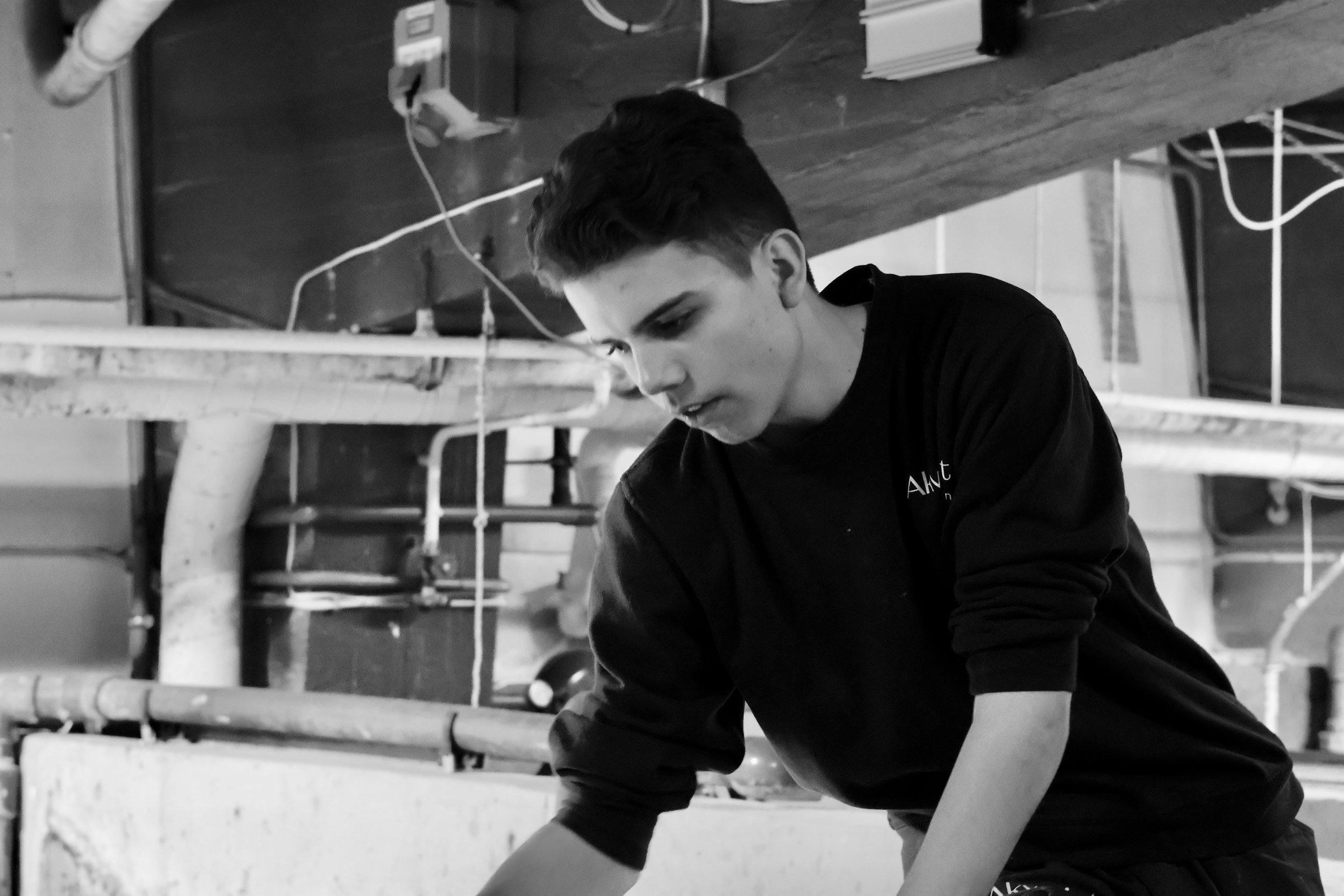“Free from violence and abuse”
I am Floridalma Zapeta, Maya Kiché, originally from Santa Cruz del Quiché. My family is small, currently only my mother, my brother and I live. Since I was a child, I remember that our family life was hard. My father was a recognized leader in the community, but he and two uncles were murdered during civil war in Guatemala when I was just 4 years old.
At the age of 12 I met the man who would be my husband. For me, he was everything and without him, I felt my existence would have no meaning, even if he violated me psychologically, physically, and sexually. My husband would go to work from 6:00 a.m. and he returned only at 10:00 p.m. or later, I had to wait to eat and serve him his hot food, because not doing so would cause me problems. Years passed and the story was the same, it was a vicious circle, we had 3 children and the situation worsened. Time passed until one day he told me that he had another family and said it was because I did not attend to him and paid attention as "HIS" wife. I personally couldn't stand the situation I was living in anymore. A trusted neighbour told me about the Ixmukané Association and the support they provide (legal/legal and psychosocial) to women who were violated. We went to Asociación Ixmukané, specifically to the Integral Attention Center for Women of El Quiché. I was received and cared for by an indigenous woman who spoke to me in my own language (Kiche), which generated a lot of confidence in me. She explained that I was victim of violence against women and that I should report my partner immediately, to prevent him from continuing to treat me badly and above all to take financial responsibility for the children we had. She explained the process that would be required, helped me with the paperwork, necessary documentation, and they accompanied me to the Public Ministry to report my case. They immediately gave me security measures so that the offender could not come near my house for six months.
My self-esteem hit rock bottom due to the whole situation I was experiencing. After about 3 months and as the complaint progressed, I decided to participate in the psychosocial healing processes that Ixmukané carries out with other women who have experienced situations similar to mine. When I participated for the first time, I was afraid to talk to other women, much less share what had happened in my life. After some time, I felt in a safe environment, and I realized that the lives of the women of El Quiché are very similar. Sharing and listening to the experiences of other people from different communities gave me confidence and hope to improve my life and made me feel that I was not alone. With the different healing exercises that we did, they helped me to see life in a different way, it was as if I had washed my face and saw new opportunities with great joy, confidence and, above all, the security of being able to make decisions without fear of what other people say.
Due to the legal support in my case, the father of my children must now provide a monthly support of 300.00 Quetzal (USD 38,5) per child. During all the hearings that we attended, the staff of the Ixmukané Association gave me support and advice.
As time passed, I not only participated in the psychosocial healing sessions, but also in the Political Training School, where they taught us about our rights, self-esteem, routes to denounce violence, leadership, among others. The Ixmukané Association has contributed to make me a reference woman in my community for the reception, attention, and accompaniment of cases of violence against women and girls. Ixmukané definitely contributed to changing my life situation. The relationship I have with my children is very good, we see life in different eyes and above all we are happy as a family. My story has served to motivate other women who are victims of violence and to see that violence is not natural and that they should report it.
Related stories
STORIES FROM OUR PRIORITY AREAS
All · Children & youth · Music & culture · Health & research · Climate action · Social impact investment






